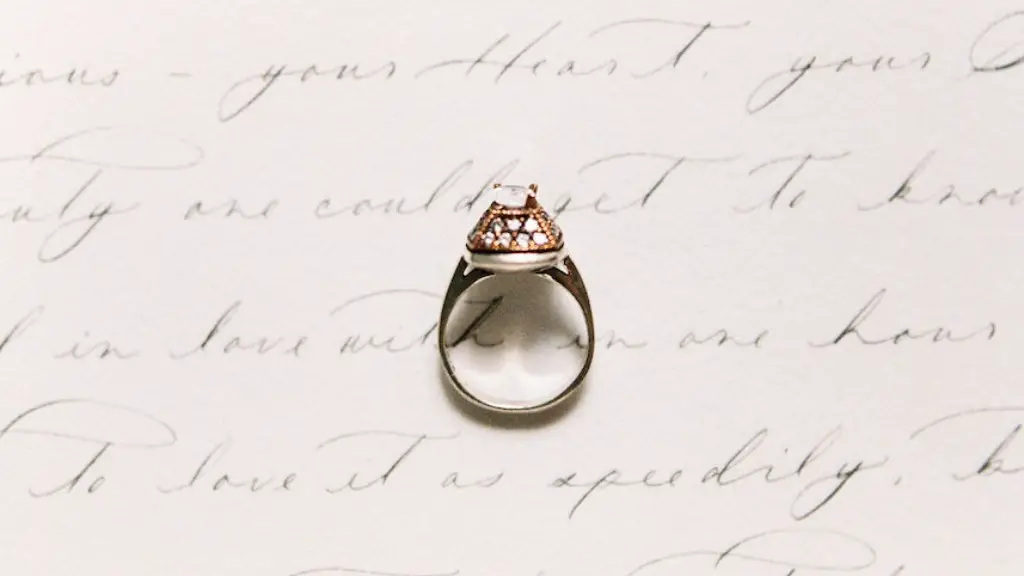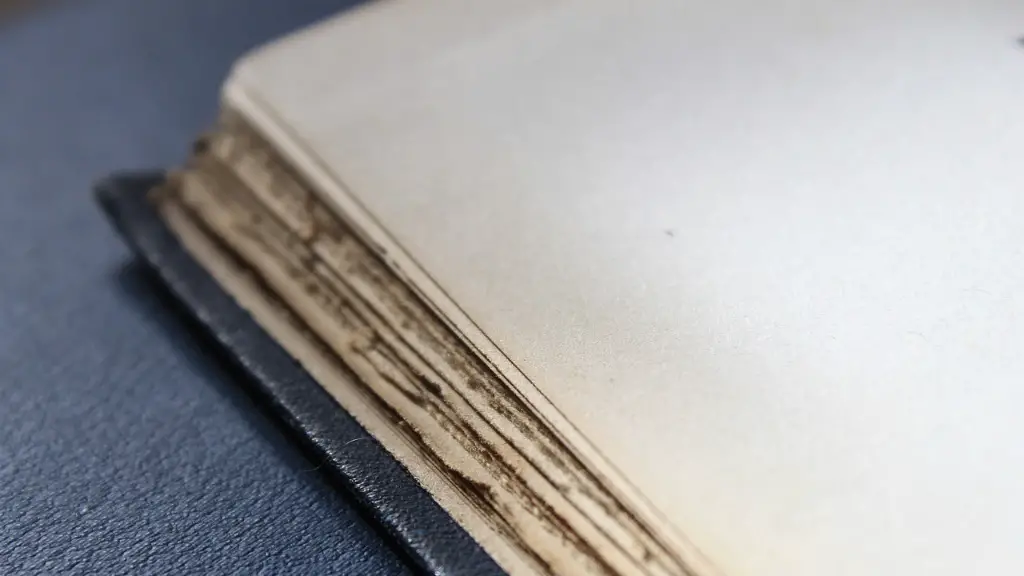Prose and Poetry Definition
Prose and poetry are two different forms of written language. Prose refers to any kind of writing that is not poetry. It is the language used in everyday books, newspapers, magazines and journals. If a text is written in paragraph or sentence form, without any extra emphasis or meaning placed on certain words, it is most likely written in prose. On the other hand, poetry is a literary composition written in verse, it has a metrical form and includes extra emphasis or meaning placed on certain words. It often includes rhyme and meter which adds to depth and texture of the poem.
Organisation of Poetry and Prose
Prose is written in a linear fashion, such as in a story. The language is written in complete sentences as well as paragraphs that follow one another in an orderly fashion, one thought leading to the next. In contrast, poetry is not made up of complete sentences, usually it is more fragmented and allows more freedom when writing. Furthermore, poetry has the ability to control the flow and speed at which the reader is exposed to information. It can add pauses, jerks, and power to the meaning of sentences.
Use of Language in Prose and Poetry
When it comes to the use of language in prose, the aim is to convey the meaning of a text in the clearest way. Sentences are used to mould words together in order to make sense. Poetry, on the other hand, has the unique ability to merge poetic devices alongside the use of language. This enables writers to express their ideas in a much more emotional and meaningful way. Poetry also has the ability to play with words, using powerful imagery and diction to direct the reader to have a certain emotional response.
Purpose of Prose and Poetry
The purpose of prose is to educate, inform or entertain the reader, usually in the form of a story. It often uses direct language, focusing on the plot, characters and setting. In contrast, the purpose of poetry is to inspire. It allows the writer to express their feelings and emotions in a creative and structured way. Poetry can evoke feelings in the reader, and often encourages the reader to think about the greater meaning behind words.
Connotations of Prose and Poetry
Prose usually has a more matter-of-fact connotation and often relies on facts and evidence to make its point. Poetry, on the other hand, has the ability to evoke emotion and express the human experience. It speaks to the readers’ innermost thoughts and feelings and encourages reflection. Poems also provide each reader with a unique interpretation, as there are a number of complex layers involved in piecing together the meaning.
Length of Prose and Poetry
Prose can be made up of any length, from short stories to epics. It usually has a beginning, a middle and an end and is linear in structure. Poetry can also be made up of any length, and sometimes it can even be very short. However, many poems are generally very descriptive and can be longer than the average prose, mainly due to the use of complex language and poetic devices.
The Power of Prose and Poetry
Both prose and poetry have the power to move readers emotionally and enrich their lives. However, they have different ways of doing this. Prose is strong in its ability to tell a story and provide facts, whereas poetry has the unique power to express the writer’s deepest thoughts, feelings and emotions in a creative and powerful way.
How to Utilise Prose and Poetry Effectively
In order to utilise prose and poetry effectively in writing, it is important to understand how to manipulate the language so that it achieves its intended goals. When writing in prose, it is important to use clear language in order to explain something in simple terms. Poetry, on the other hand, should use powerful imagery and creative language to evoke emotion and inspire the reader.
The Differences between Prose and Poetry
Prose is the regular form of writing, used to tell stories, explain concepts or provide information. It consists of sentences and paragraphs that flow linearly and use direct language. Poetry is a literary composition written in verse and includes extra emphasis or meaning placed on certain words. It often includes rhyme, meter and other poetic devices which make it more emotive, expressive and meaningful than prose.
Writer’s Intent in Prose and Poetry
The writer’s intent can differ between prose and poetry. In prose, the goal of the writer is usually to educate, inform or entertain the reader in the most direct way possible. The use of language is direct and descriptive and the writing has a linear flow. Poetry, on the other hand, is usually used to inspire the reader, express feelings and emotions and evoke a response. It has the ability to pull on the readers’ heartstrings and show them a different perspective.
The Creative Possibilities of Prose and Poetry
Prose and poetry both offer to the writer a unique way to play with words and explore language. Prose offers the writer the structure and direction to communicate their ideas in a linear way and to tell a story. Poetry, on the other hand, allows the writer to be more creative and expressive by using poetic devices. It enables a writer to paint a picture and evoke emotion through the use of language and imagery.


